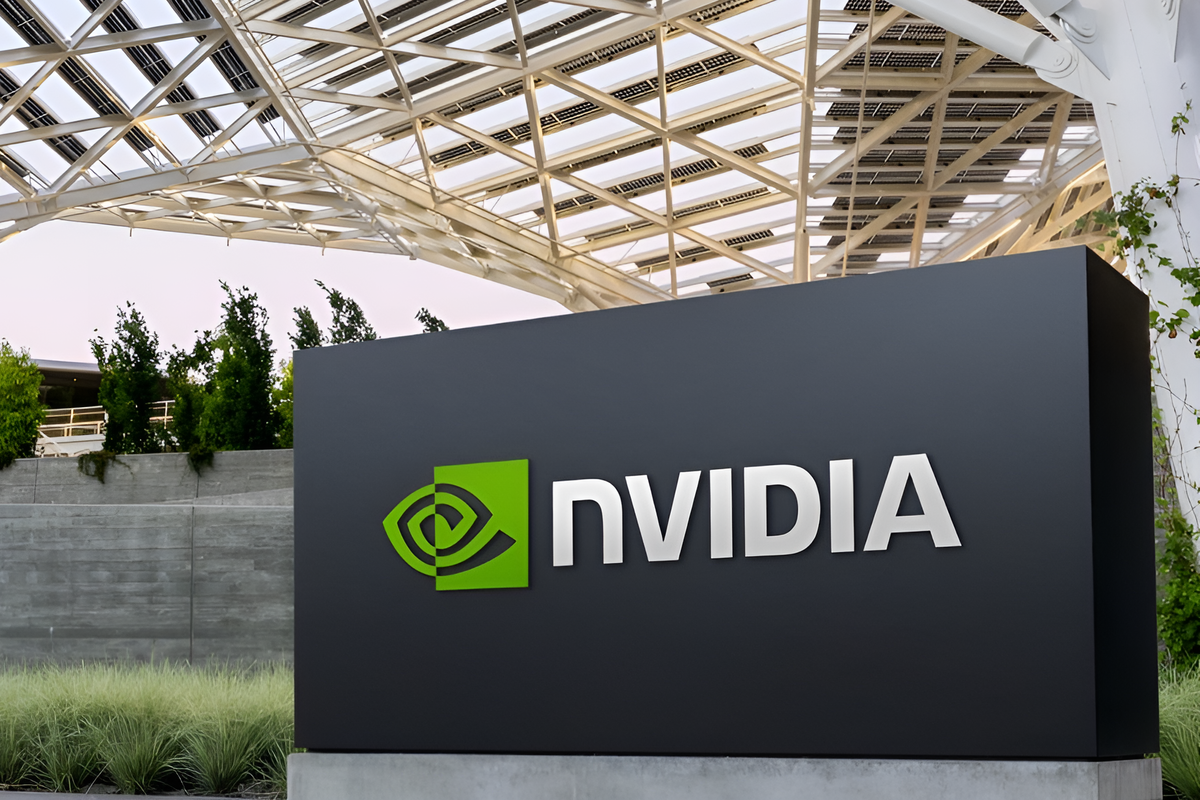NVIDIA makes its move in the midst of the tariff war: it promises to manufacture up to half a billion dollars worth of AI products in the US.

The company will also have facilities in Houston and Dallas. It expects mass production at the plants to begin within 12 to 15 months. However, the announcement comes at a delicate time, marked by the trade war driven by the Donald Trump administration, which, despite a temporary exemption, remains focused on semiconductors.
Factories in the US, foreign expertise. Although NVIDIA has not specified which Blackwell chip models or AI systems will be involved, it has confirmed with whom it will carry out this industrial expansion. The company will rely on major partners such as TSMC, Foxconn, and SPIL, three Taiwanese giants, as well as the American company Wistron.
Behind this international collaboration is the fabless model followed by NVIDIA. The company designs its chips, but does not have its own manufacturing plants. To achieve this, it relies on specialized manufacturers such as TSMC, a formula also used by other industry heavyweights such as AMD, Qualcomm, and MediaTek.
But behind the announcement lies an uncomfortable reality, especially for the United States’ aspirations of technological self-sufficiency. Major companies in the sector, such as NVIDIA and Apple, continue to rely heavily on foreign production capacity and expertise for the production of most of their products.
Taiwanese firms are landing in the US. Matching the level of technological sophistication offered by Taiwan remains a distant goal. Giving up that capacity is simply not a viable option. The alternative, as already begun to emerge with the Chip Act promoted by the Biden administration, is to attract factories to the United States.


Leave a Comment